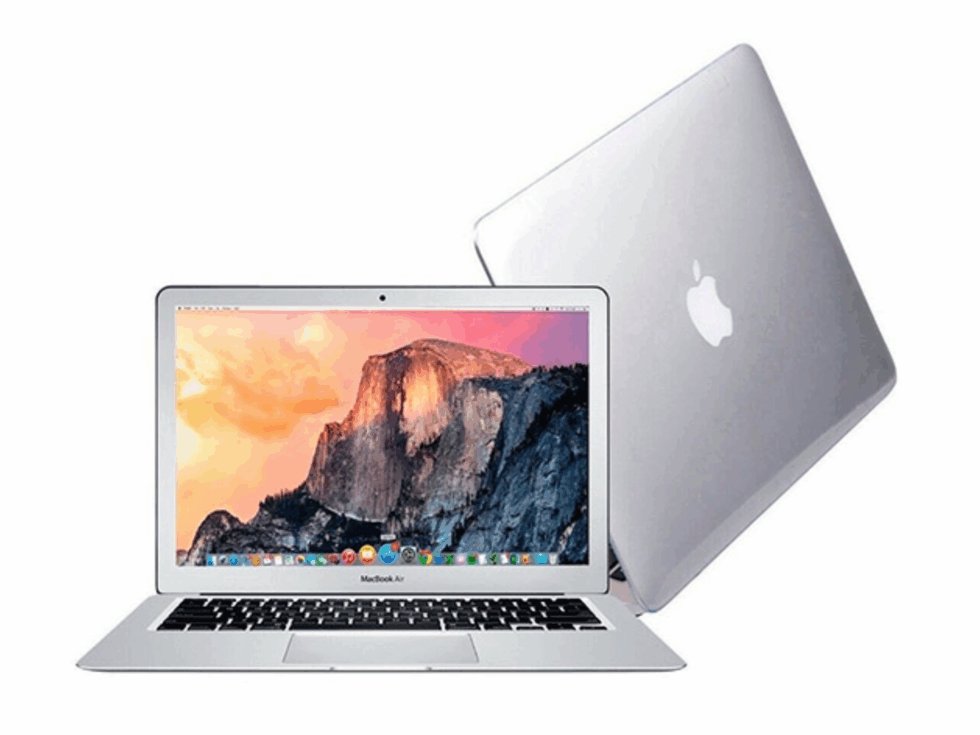It’s light, fast, and under $200 — meet your new MacBook

From inspiring speeches in space to private astronaut missions returning home, space exploration continues to captivate. Meanwhile, concerns arise over potential budget cuts threatening iconic telescopes like Hubble and James Webb.

All major sources, one page
Feel the mood behind headlines
Know what’s trending, globally
Get summaries. Save time
8,043
125
204
3 hours ago
Stay sharp in 60 seconds. Get concise summaries of today’s biggest stories — markets, tech, sports, and more
All major sources, one page
Feel the mood behind headlines
Know what’s trending, globally
Get summaries. Save time
8,043
125
204
3 hours ago
Stay sharp in 60 seconds. Get concise summaries of today’s biggest stories — markets, tech, sports, and more